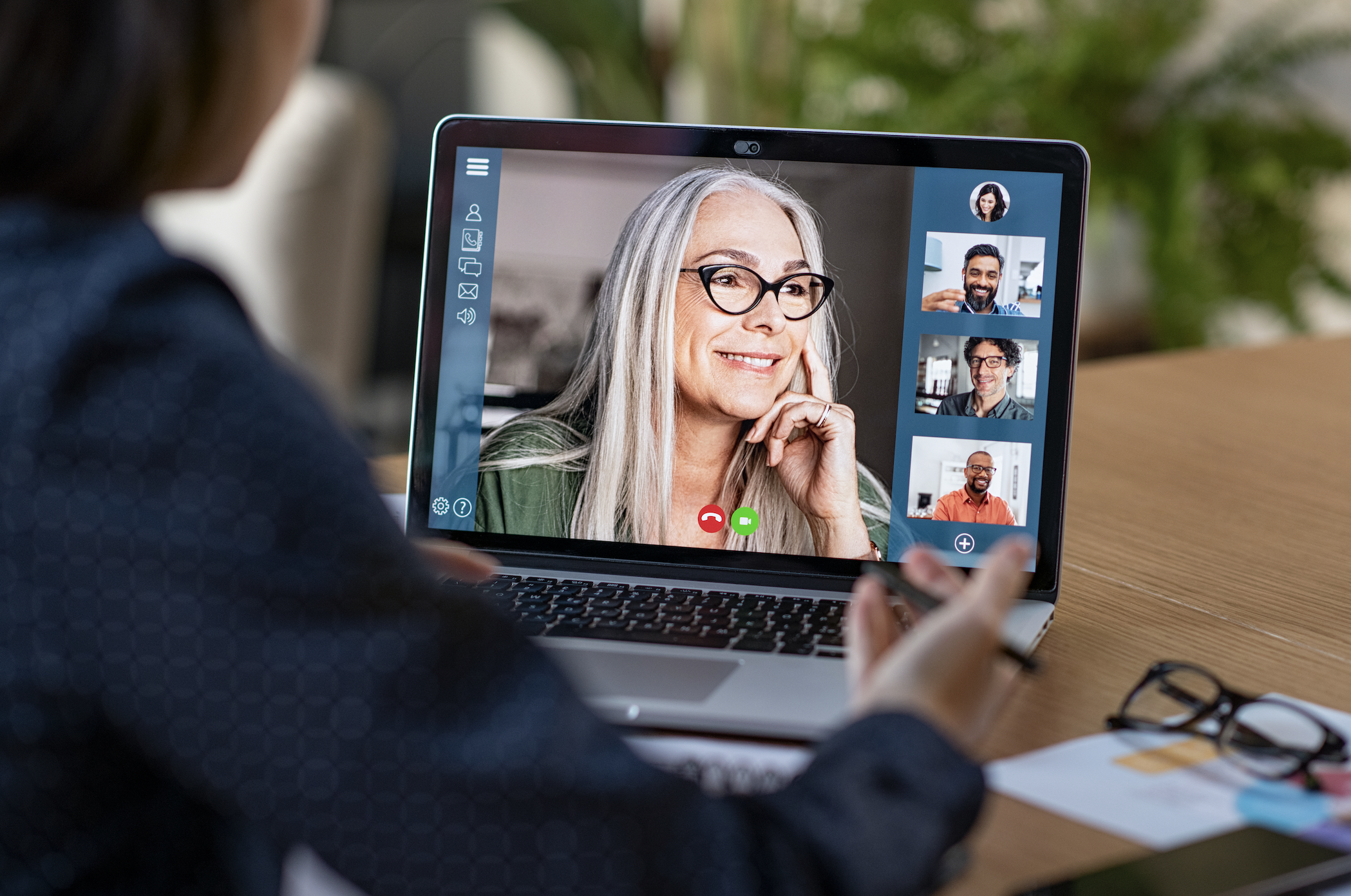
How to Help Gen Z Through the COVID-19 Mental Health Crisis
Most of us were shocked when we heard that medical doctor, Lorna Breen, died by suicide on April 27, 2020. Although she was doing all she could to fight the spread of the coronavirus as a doctor, her own mental health was dealt a mortal blow when she ended her life. She had battled the COVID-19 infection herself and had recovered but later became overwhelmed with the volume of infection cases in New York’s Presbyterian Hospital. It was like a war zone.
Sadly, Dr. Breen’s death is just the tip of the iceberg.
Last month the “Disaster Distress Helpline” at the Substance Abuse and Mental Health Services Administration (SAMHSA) saw an 891% increase in call volume compared to a year ago, according to a spokesman for the agency. Reflect on this for a moment. They received almost nine times the calls in a short period of time.
Truth be told, rising anxiety levels during this pandemic is due to:
- What we know. As millions watch the news for hours each day, stress levels climb as we recognize all that’s going on globally that we can’t control. It seems like the more we learn the scarier this strange infectious disease becomes.
- What we don’t know. Fear climbs as we face a very uncertain future. We don’t know how many deaths will occur, how many jobs will be lost, and how safe life will be a year from now. When life feels out of control, people become anxious.
Helping Generation Z Manage Their Stress
When Growing Leaders began calling educators to check on how they were doing, the first response we heard from teachers was: “How can I help my anxious students when I am anxious myself?” The answer, of course, is we MUST figure this out. Our students can tell we’ve never been through a pandemic like this one (even as adults) but our life experience must inform us; we must find ways to offer wise direction to our young.
Let me provide three paramount ideas that can guide you:
HONESTY. In order to remain trustworthy in their eyes, leaders must insist on being transparent. The only way students will believe us is if we communicate absolute honesty about the issues our world faces. Don’t pretend you know something if you don’t. Simply say–“I don’t know, but I will look into it.” We earn our right to be heard when we continue feeding them facts and honest appraisals of reality. Max Duprees famously said, “The first job of the leader is to define reality.” If we begin exaggerating or misrepresenting the truth, we will lose the trust of this savvy generation.
- Example: “I don’t know the answer to that question; let me find out. What we do know, however, is this…”
- Example: “I am sorry, but our community has increased the quarantine period for another four weeks. Looks like we’ll need to find a way to get through this.”
- Example: “Looks like infections are still increasing. I just researched the data found what we must do in order to stay healthy and finish the year strong…”
HELP. Second, the way to help a student through stressful times is clear direction. They need practical steps to take today, even if you can’t offer practical steps to take six weeks from now. COVID-19 is a moving target. It is uncertain. But people can live, even live well, with uncertainty. (We’ve done so since 9-11). What we cannot live well without is clarity. Furnish clear help and make it practical. I’ve seen that most students are fine with less than optimal circumstances. What they need to see if progress. When we offer help, they can make progress, even if it’s a move from poor to average.
- Example: “We’re not sure how our school plans to handle graduation, but here are three practical steps you all can take to prepare for anything…”
- Example: “Even though we’re not together as a team, the best way to handle your workouts and training is…”
- Example: “As your teacher (or parent) I am convinced there are a few things we can do right now to increase our chances of not falling behind. They are…”
HOPE. We cannot overestimate the importance of hope. When kids begin feeling helpless, they start getting hopeless. Stress rises. Disorders like anxiety and even depression can be triggered. I am not saying “hope” is the only ingredient people need but it is an essential they cannot live without. John Maxwell has said, “Where there is not hope in the future, there is not power in the present.” We must find ways to offer believable reasons for hope to Generation Z that give them a logical motivation to continue strong. Admiral Stockdale said the secret to surviving as a Prisoner of War was not optimism (that backfired) but to never lose hope in the future. It’s essential.
- Example: “I read how Isaac Newton actually capitalized on an epidemic in 1665 and made some amazing discoveries, like the laws of gravity and motion!”
- Example: “Did you know that many societies who’ve face pandemics or outbreaks in history have actually come out stronger because of them?”
- Example: “We have every reason to believe that doctors and scientists across the world will figure out what to do to treat this coronavirus.”
Four Ways to Practice Honesty, Help and Hope
In our free e-book, “Stressed Out” we offer four timeless steps anyone can take when feeling anxiety and stress levels rising. Let me close with a summary:
- Motion. We’ve got to get up every 60-90 minutes and move around. Shoot some basketball. Take walks. Run. Play tennis. We need endorphins to flow.
- Margin. We must make sure our stress isn’t due to an overcrowded schedule. Be realistic about what can get done each day. Reduce noise or clutter if possible.
- Mindfulness. Instead of thinking about everything at once, try focusing your mind and breathing. Mono-task, don’t multitask. This always calms me.
- Management. Part of Gen. Z’s stress issue is they need to learn to manage their stress: limit time on social media; get enough sleep; eat well; practice self-talk.
The first step in becoming a leader–is to lead ourselves well.







